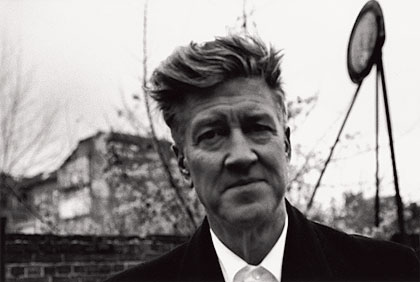On my fascination with biography

French philosopher Jacques Derrida once introduced a seminar on autobiography with a quote by Martin Heidegger; speaking on the life of Aristotle, Heidegger had said, 'he was born, he thought, and he died. The rest is pure anecdote.' And it's an interesting point to make. Regardless of what Aristotle may or may not have done during his lifetime, all that is relevant to us is the work he left behind.
Aristotle's ideas form some of the central touchstones of Western philosophy, and continue to influence our understanding of who we are and where we are going. Do we really need to know what the man ate for breakfast?
While visiting art galleries in Berlin during his youth, Samuel Beckett made a point regarding conjecture and speculation in history books. He wrote in one of his travel diaries:
"I am not interested in a 'unification' of the historical chaos any more than I am in the 'clarification' of the individual chaos, and still less in the anthropomorphisation of the inhuman necessities that provoke the chaos. What I want is the straws, flotsam, etc., names, dates, births and deaths, because that is all I can know."
The rest, as Heidegger suggests, is at best pure anecdote; at worst, wild speculation. The lives of historical figures will always remain a mystery to us, despite our best efforts to uncover hope for the contrary. I can read a biography of Franz Kafka. I can read two, or three. I can read Kafka's private journal. If I was so disposed, I could even read letters to his friends, family and loved ones. But all the details I would accumulate, and all the facts I could list, would still read cold off the page. They don't bring me any closer.
But what is it that makes me scurry off in search of these biographies, authorized and unauthorized alike? Is it my attempt to get to the heart of a man or a woman that has held my attention so closely, and do I really think I'll succeed? Does it really make a difference if there's a selection of black-and-white photographs from someone's personal archive on the central pages? Will I know them any better? Do I really want to?
I suspect that I track down autobiographies when I feel an affinity for someone's art. That's where it all begins. I might listen to a Miles Davis or a John Coltrane record, and hear something that speaks to me in some way. I wonder what this sensation is, this sense of recognition, and hope that knowing the artist in more depth might reveal something more. Perhaps it will explain something to me about myself, and why I am drawn to it.
I often I feel I can identify with the people I read about, and it gives me a sense of comfort and satisfaction to find a kindred spirit with similar preoccupations. But the end result is always the same: at the end of the book I become at least partly disillusioned with the life and return to the original work. What is it people say about meeting your heroes? Ultimately, it's not Miles Davis that holds my interest, but his music.
I'm currently reading James Knowlson's biography of Samuel Beckett, Damned to Fame, and I'm repeating the same process all over again. I'm a huge fan of the writer's plays, novels, poetry and short stories, and for years I've been interested to know more about the creator. His work has, like Kafka's, always felt close to me, so I was keen to discover whether I would form a similar impression of the man himself.

I'm finding that there are dozens of facts about Beckett's life that I identify with very strongly, from similar personal experiences to shared opinions and outlooks. And these small details accumulate to form a satisfying feeling. However, before I even finish the book I can tell you that there's something missing. Not only is there a vast wealth of detail that I do not relate to, and on some level choose to overlook or ignore, but the facts ultimately do little more than emphasize Beckett's absence. The biography, after all, is not the man. More shocking still, neither is the work.
It is often tempting to uncover what an artist thinks about their work, to gain a greater appreciation of the qualities that drew you to it in the first place. But it's easy to forget that we might not agree with the author's interpretations of his or her work, and that it might conflict quite strikingly with opinions of our own.
Interviewed by Mark Cousins in the late 1990s, director David Lynch was asked for his interpretation of scenes from some of his films. The releases shown included Blue Velvet, Elephant Man and Fire Walk With Me, a film that accompanies the Twin Peaks television series. Lynch admitted that all of his films have meant something deeply personal, but declined to reveal anything on camera. Instead, he focussed on the importance of the audience becoming involved with the films for themselves, and drawing their own conclusions. 'It's a beautiful thing,' he said.
And I can't help but agree. That's not to say I won't stop reading biographies, mind you. Old habits die hard, after all. But I'm no longer in search of any authoritative answers to my big questions. After all, a biography can only offer us the facts, pure anecdotes and wild speculations. Why settle for someone else's when you can have your own?


